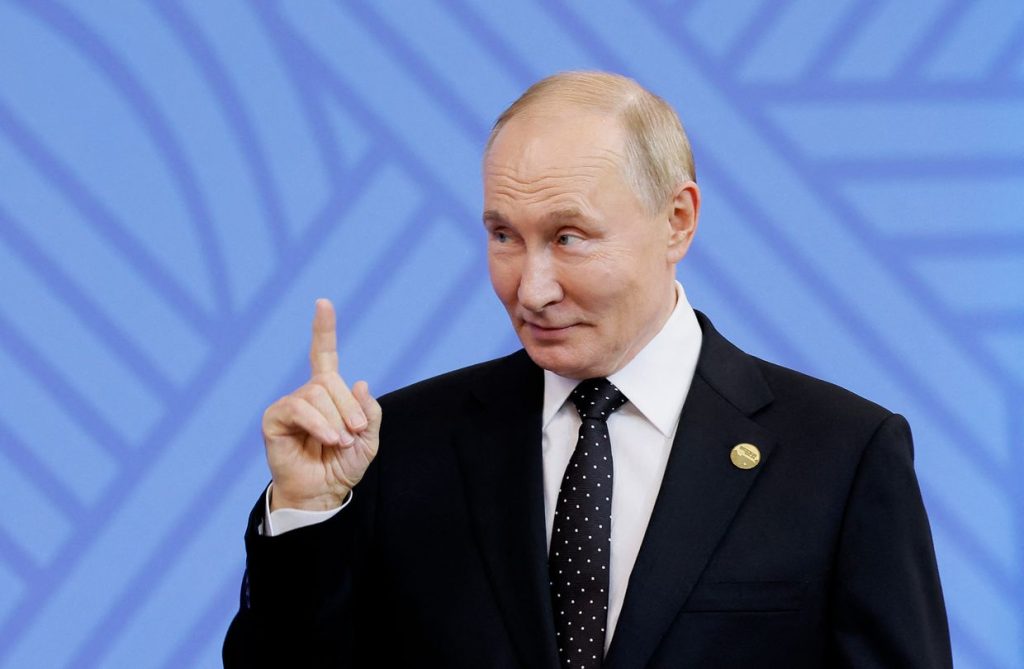The appointment of a Ukraine war veteran, Yevgeny Pervyshov, as the interim governor of Tambov, Russia, by President Vladimir Putin, marks a significant shift in the country’s political landscape. This move is part of the Kremlin’s efforts to create a “new elite” composed of patriotic workers and soldiers, demonstrating the increasing militarization of Russian society. Pervyshov, who also serves as a State Duma deputy, volunteered to fight in Ukraine and was chosen for Putin’s “Time of Heroes” program, which aims to elevate war veterans into influential civil service roles. This strategy aims to replace traditional oligarchic elites with more patriotic figures, positioning soldiers and workers as the new face of power.
The program initiated by Putin has led to the appointment of several veterans into various government positions, including regional ministers and managers of defense contractors. While it is framed as an opportunity for veterans to advance their careers, critics argue that it primarily rewards those with connections to Russia’s military elite. Soldiers involved in the program often come from specialized units, such as BARS Kaskad, which allow elites to avoid frontline service while maintaining a link to the military. This selective criteria potentially ensures the safety of these individuals and earns them favor with the Kremlin.
In addition to appointing war veterans to key positions, Putin signed a decree in January allowing foreigners who have served a year under contract in the Russian army, as well as their close relatives, to obtain Russian citizenship through a simplified procedure. This move reflects the Russian government’s efforts to bolster its military forces and expand its influence globally. By granting citizenship to foreigners who have served in the military, Russia aims to attract skilled individuals to its armed forces and strengthen its national defense capabilities.
The appointment of Pervyshov and the citizenship decree for foreign military personnel highlight Putin’s strategy to bolster loyalty among the armed forces and prioritize individuals with military backgrounds in key leadership roles. The emphasis on patriotism and military service reflects a broader trend of militarization in Russian society, as the government seeks to consolidate power and promote a narrative of national strength and unity. While these measures may appeal to some segments of the population, they also raise concerns about the consolidation of power within a narrow military elite and the potential implications for civil-military relations in Russia.
Overall, Putin’s appointments of war veterans to prominent positions and the decision to grant citizenship to foreign military personnel signal a shift towards prioritizing individuals with military backgrounds in Russia’s political and social spheres. These actions reflect a broader trend of militarization and the promotion of patriotism as key values in Russian society. While these measures may be aimed at consolidating power and boosting national defense capabilities, they also raise questions about the influence of the military elite and the potential consequences for civil-military relations in the country. As Putin continues to strengthen his grip on power and shape the political landscape, the role of the military in shaping Russia’s future remains a topic of ongoing debate and scrutiny.


